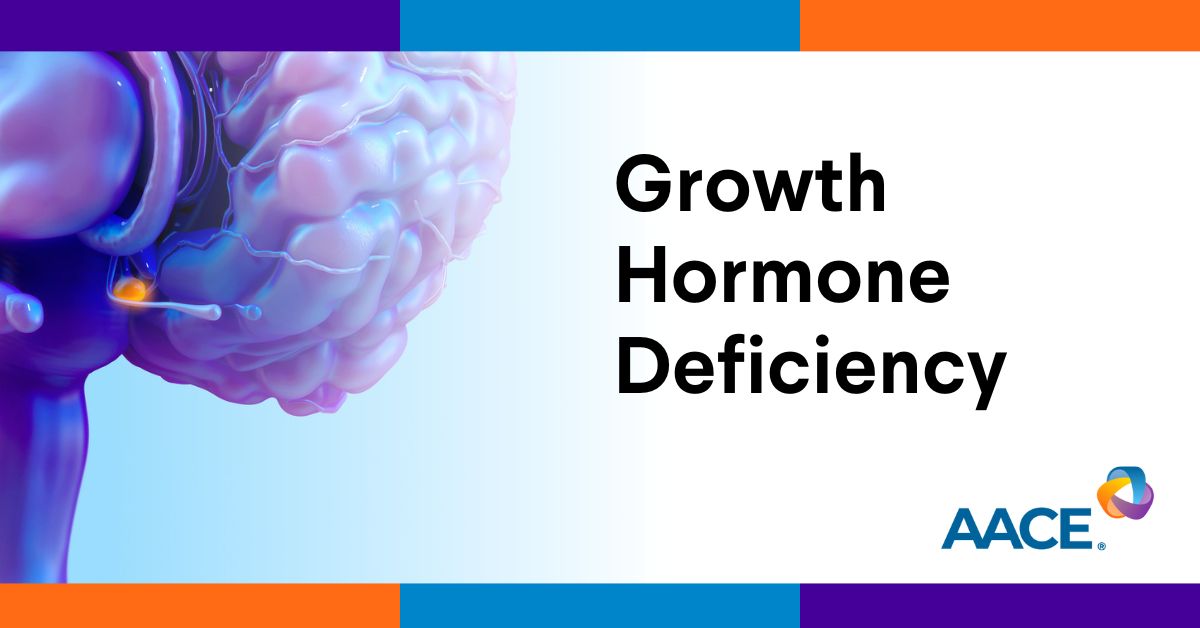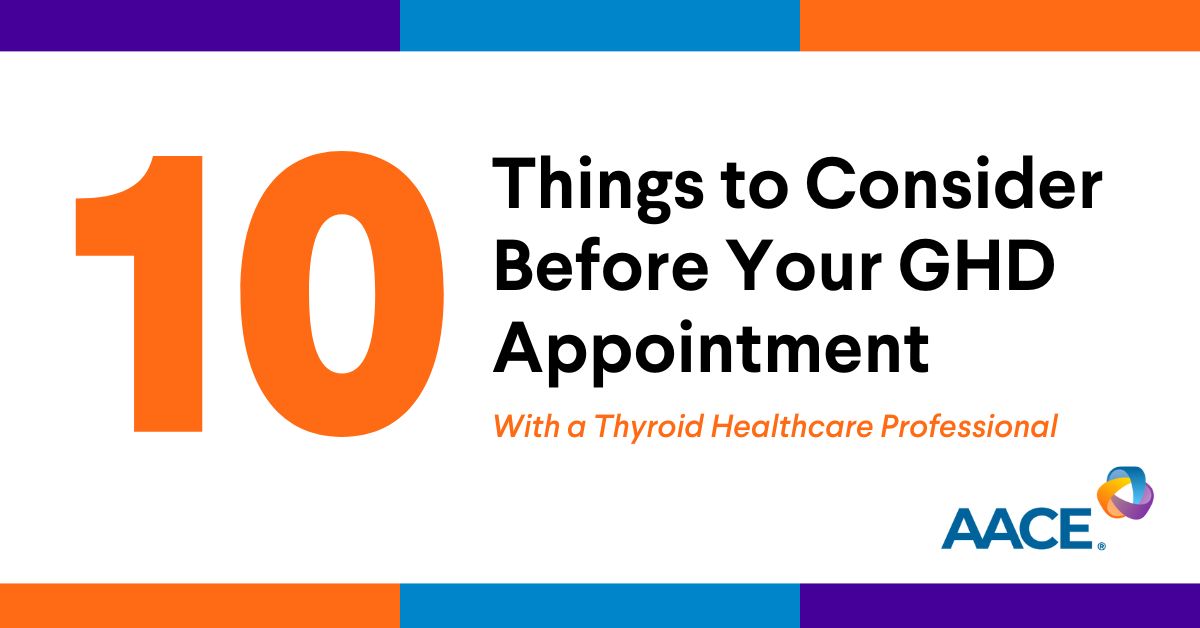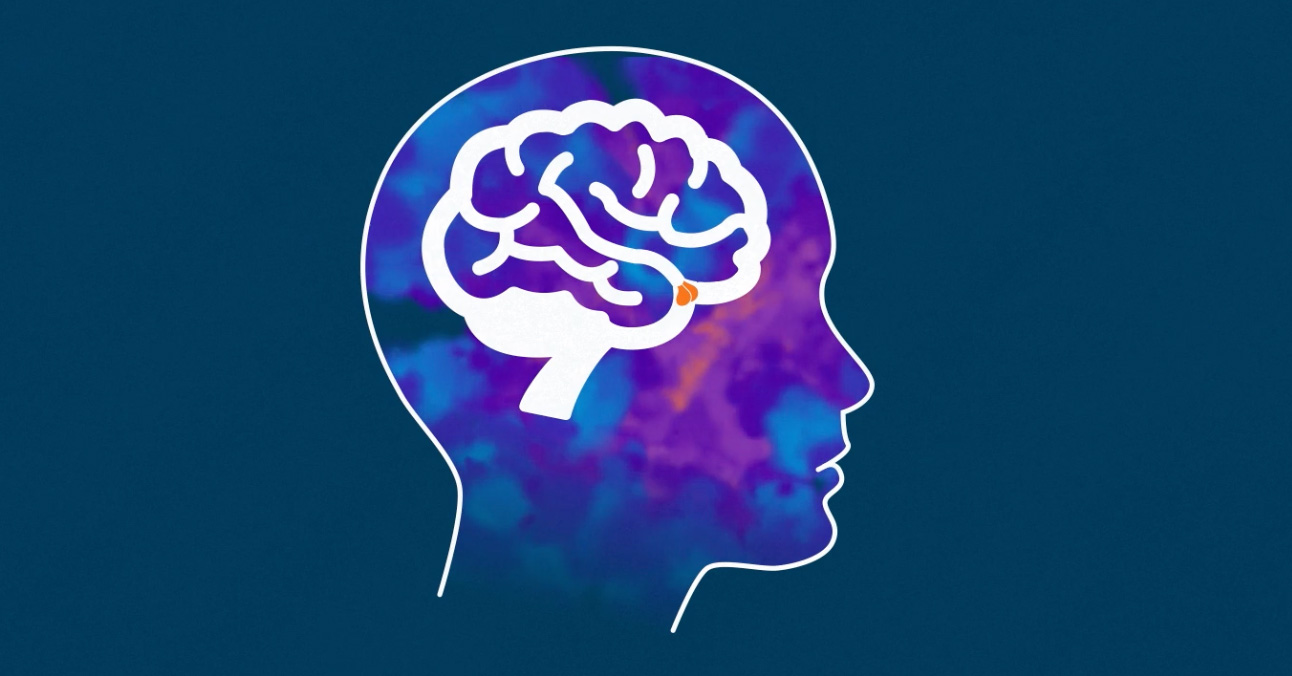Did you know? A Traumatic Brain Injury can affect more than just your brain.
A Traumatic Brain Injury, or TBI, can occur as a result of a severe blow to the head - such as a bump, hit, or other heavy force. It is often a result of a severe sports injury or car accident, occurring when something hits your head very hard. While you may relate a head injury to the risk of damaging your brain, did you know that there are other things inside your skull that can be affected?
You see - your pituitary gland lives right underneath the brain, and sometimes when someone experiences a TBI, this little gland can get damaged, too.
What is the pituitary gland?
The pituitary gland is literally the size of a pea, but do not let its size fool you. It is one of the master glands within your body, controlling essential hormone production to keep you functioning right.
The pituitary gland controls and coordinates the body’s hormonal functions including:
- Growth and development (HGH)
- Sexual and reproductive function (LH, FSH, prolactin, oxytocin)
- Metabolism (TSH)
- Stress response (ACTH)
- Water and electrolyte balance (Vasopressin)
Overall, the gland is essential for health and quality of life. One of the major hormones the pituitary gland produces is called Human Growth Hormone (HGH). While many think this hormone just helps children grow big and tall, it actually has many jobs beyond that. In children and adults, it makes insulin work better, bones stronger, and makes muscles less prone to fatigue or wear-and-tear. It even helps promote neurogenesis – the growth of new brain cells – which helps your brain work better, keeps your mood brighter, and improves sleep quality.
Growth Hormone Deficiency
If the levels of this hormone in your body are not just right, it can really be dangerous. Having levels too low is something called Growth Hormone Deficiency (GHD), and this is a condition that can happen to someone who has experienced a TBI.
Symptoms of GHD include a higher level of body fat (especially around the waist), anxiety and depression, decreased sexual function and interest, fatigue, feelings of isolation, greater sensitivity to heat and cold, and decreased muscle mass, strength, and stamina.
Talk to your doctor
If an event has happened to you that you believe might have caused a brain injury, whether you consider it “traumatic” or not, be sure your doctor knows about it so that they can monitor you for symptoms beyond the brain, such as your hormones. There are screening, testing, and treatment options available for those who need it.
Initial diagnostic work-up typically involves the following:
- Pituitary hormonal testing (blood and urine samples)
- Visual field and acuity assessment
- Imaging (MRI, CT, CT angiography)
Primary treatment options may include:
- Medical therapy and hormone replacement therapy
- Radiation: radiosurgery (SRS) or radiotherapy (SRT)
- Surgery: endonasal approach in most cases
Read a blog with more on this topic from Dr. Elena A Christofides for Traumatic Brain Injury Awareness Month.
You can learn more about all of the glands and hormones in our endocrine systems from the clinical endocrinology experts right here on AACE.com.




